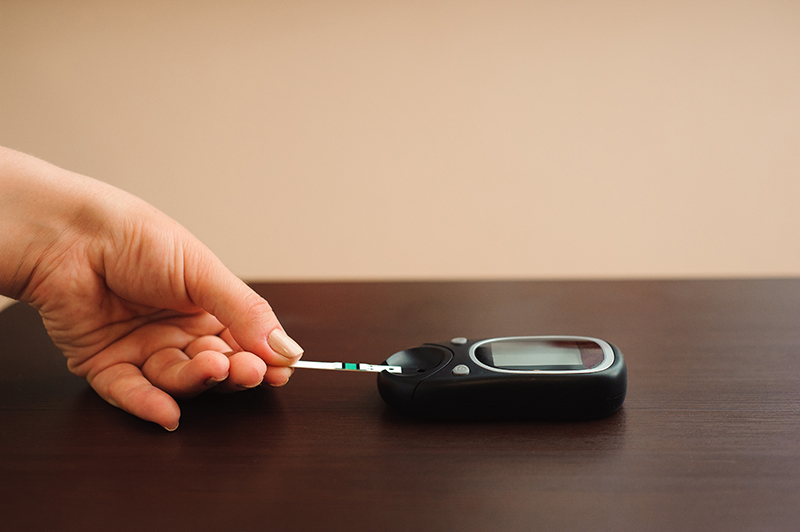
A drug that targets the immune system can delay the onset of type 1 diabetes an average of two years in children and adults at high risk, according to findings from TrialNet’s Teplizumab (anti-CD3) Prevention Study published in the New England Journal of Medicine.
With 28 study sites around the world, it is the largest clinical trial network ever assembled to discover ways to delay and prevent type 1 diabetes. Vanderbilt University Medical Center (VUMC) was the largest contributor with more than 20 percent of the study participants.
“The key point for the millions of people at risk to develop this disease is we now have the first immunotherapy that significantly delays the onset of type 1 diabetes,” said Bill Russell, MD, TrialNet principal investigator and director of the Division of Pediatric Endocrinology and Diabetes at VUMC. “Eighty-five percent of the almost 3,000 patients in the Children’s Diabetes Program at Vanderbilt have type 1 diabetes. And we know that relatives of people with type 1 diabetes are 15 times more likely to develop the disease than the general population, so this is particularly good news for them as well.”
Type 1 diabetes is an autoimmune disease that occurs when the body’s immune system attacks and destroys insulin-producing beta cells in the pancreas, causing abnormal blood glucose (sugar) levels. Teplizumab is an immunotherapy drug designed to interfere with the body’s immune destruction of its own beta cells.
Previous studies showed teplizumab prolonged insulin production in people recently diagnosed with type 1 diabetes, but this is the first study to test it in people at high risk for the disease.
“This is the first study to show any drug can delay type 1 diabetes diagnosis a median of two years in people at high risk,” said Teplizumab Prevention Study Chair Kevan Herold, MD, professor of Immunobiology and Internal Medicine at Yale University. “As anyone with type 1 diabetes will tell you, every day you can delay this disease is important.”
Participants chosen for the study each had a lifetime risk of clinical diagnosis nearing 100 percent. Fifty-five of the 76 study participants were under age 18 and all had a relative with type 1 diabetes, two or more type 1 diabetes autoantibodies and abnormal blood sugar levels.
“The subject population all had positive diabetes antibodies in their circulation, indicating that their immune systems were targeting their beta cells in the pancreas,” Russell said. “They also had impaired glucose tolerance, meaning their glucose response to an oral glucose tolerance test was not normal but it wasn’t yet in the diabetic range. We now call this stage 2 of type I diabetes.”
Russell said people who are in stage 2, (antibodies plus impaired glucose tolerance) have an 85 percent likelihood of developing diabetes (stage 3) within five years.
Participants were randomly assigned to either the treatment group, which received a 14-day course of teplizumab, or the control group, which received a placebo. All participants regularly received glucose tolerance tests until the study was completed, or until they developed clinical type 1 diabetes – whichever came first.
Seventy-two percent of people in the control group developed clinical diabetes, compared to only 43% of the teplizumab group. The median time for people in the control group to develop clinical diabetes was just over 24 months, while the median time for the treatment group was 48 months.
TrialNet researchers will conduct additional studies to look for ways to extend the benefits of teplizumab.
“We are now exploring a full-blown prevention trial in people even earlier in the disease process,” Russell said. “And also looking at delaying or preventing progression to stage 3.”
Filed Under: Drug Discovery



